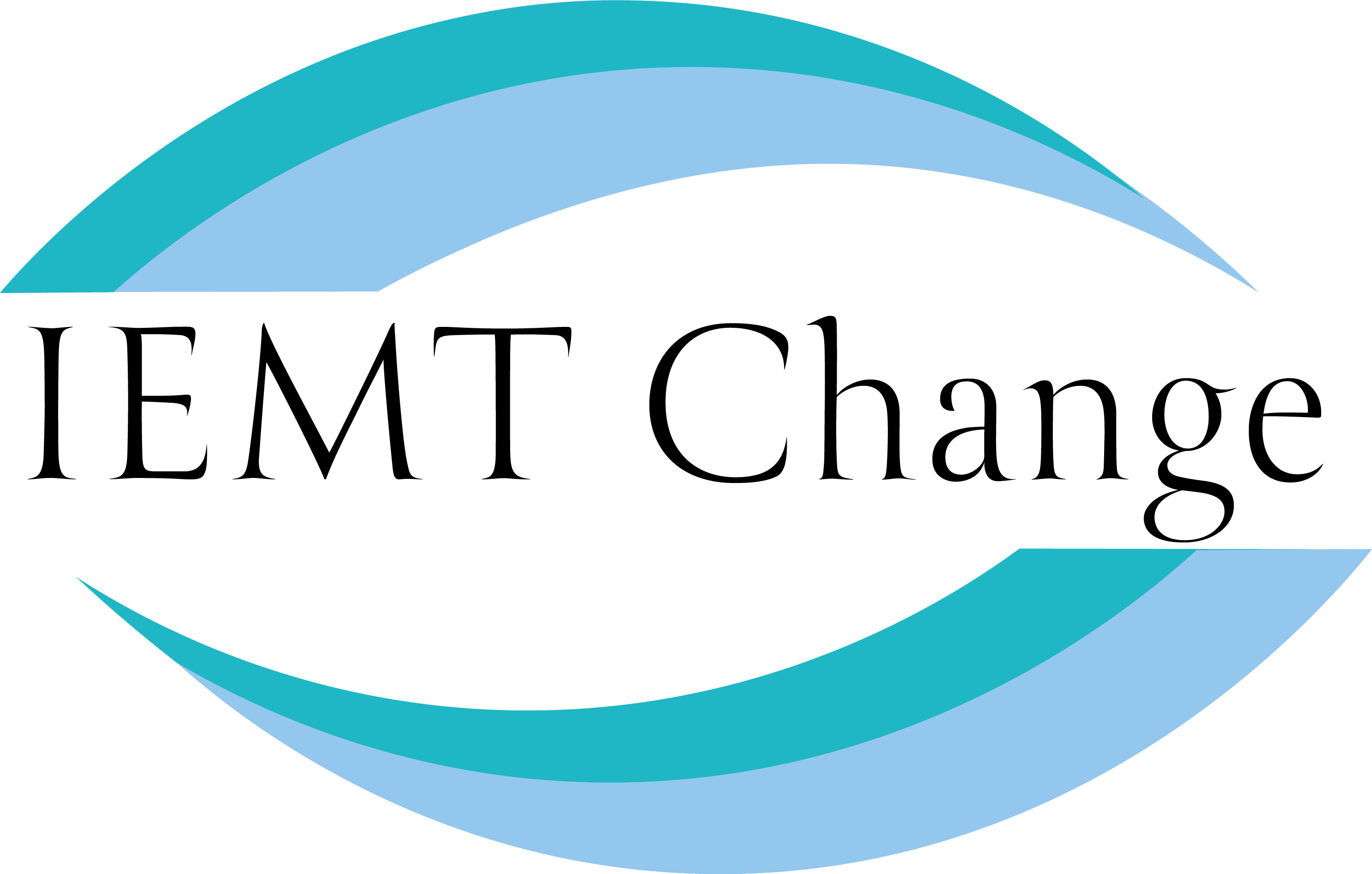Coming out of a difficult or painful relationship isn’t always as simple as walking away. You may have ended the relationship, but the emotional impact can remain, often showing up in ways you don’t expect.
Some people feel stuck in resentment, fear, or guilt for years afterwards. Others notice the same patterns playing out again in new relationships. This emotional “residue” can quietly affect your confidence, trust, and ability to move forward.
The problem isn’t always who you were with
It’s easy to assume that once a relationship ends, the feelings will fade with time. But that’s often not the case, especially if the relationship involved:
- Emotional manipulation or control
- Repeated criticism or blame
- Gaslighting or confusion about your own feelings
- Fear of upsetting the other person
- Feeling responsible for their emotions or reactions
- Abandonment or betrayal
- A loss of confidence, identity, or sense of self
Even if you’ve moved on physically, your brain may still be reacting as if the situation is ongoing. This is why people often feel stuck, even when they know the relationship is over and wasn’t healthy.
When the pattern shows up elsewhere
One of the reasons it’s hard to fully move on is because emotional responses developed in the relationship can attach themselves to new contexts. You might notice:
- Overthinking or doubting yourself in current relationships
- Difficulty trusting people’s intentions
- Avoidance of conflict, in case it escalates
- Guilt when saying no or setting boundaries
- Fear of being “too much” or “not enough” for someone
In these cases, the issue isn’t the present, it’s an outdated emotional response your brain hasn’t yet unlearned.
How IEMT helps
Integral Eye Movement Technique (IEMT) works by helping the brain disconnect from the emotional patterns formed during the relationship. It doesn’t require going through the whole story or analysing the past. Instead, IEMT focuses on how your brain is currently processing those experiences, and helps shift that pattern.
Through a series of guided eye movements, IEMT supports the brain in reprocessing stuck emotional responses. This means the memory or trigger remains, but the emotional charge around it is reduced or resolved.
Clients commonly report:
- Less emotional reaction when thinking about the past
- Clearer boundaries in current relationships
- Improved self-confidence and emotional independence
- Reduced guilt or fear when asserting themselves
When you feel like you “should be over it by now”
If you’ve ever told yourself that you should be past it, that it’s been long enough, that others have moved on faster, or that you’re being too sensitive, then this kind of work can be especially helpful.
The truth is, emotional patterns don’t shift on their own just because time has passed. They need the right conditions to change.
IEMT provides a structured, effective way to support that change, without the need to talk through every detail. If you are ready to make that change and move forward book your appointment here

